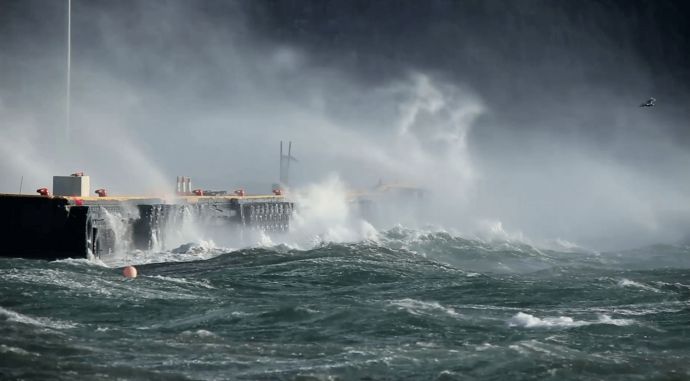Craig McLean

Craig McLean is responsible for NOAA’s research enterprise as Assistant Administrator for Oceanic and Atmospheric Research, the U.S. Rep. to the Intergovernmental Oceanographic Commission (IOC), Co-chair of the U.S. European Union Marine Working Group, and the All-Atlantic Ocean Research Alliance.
About NOAA
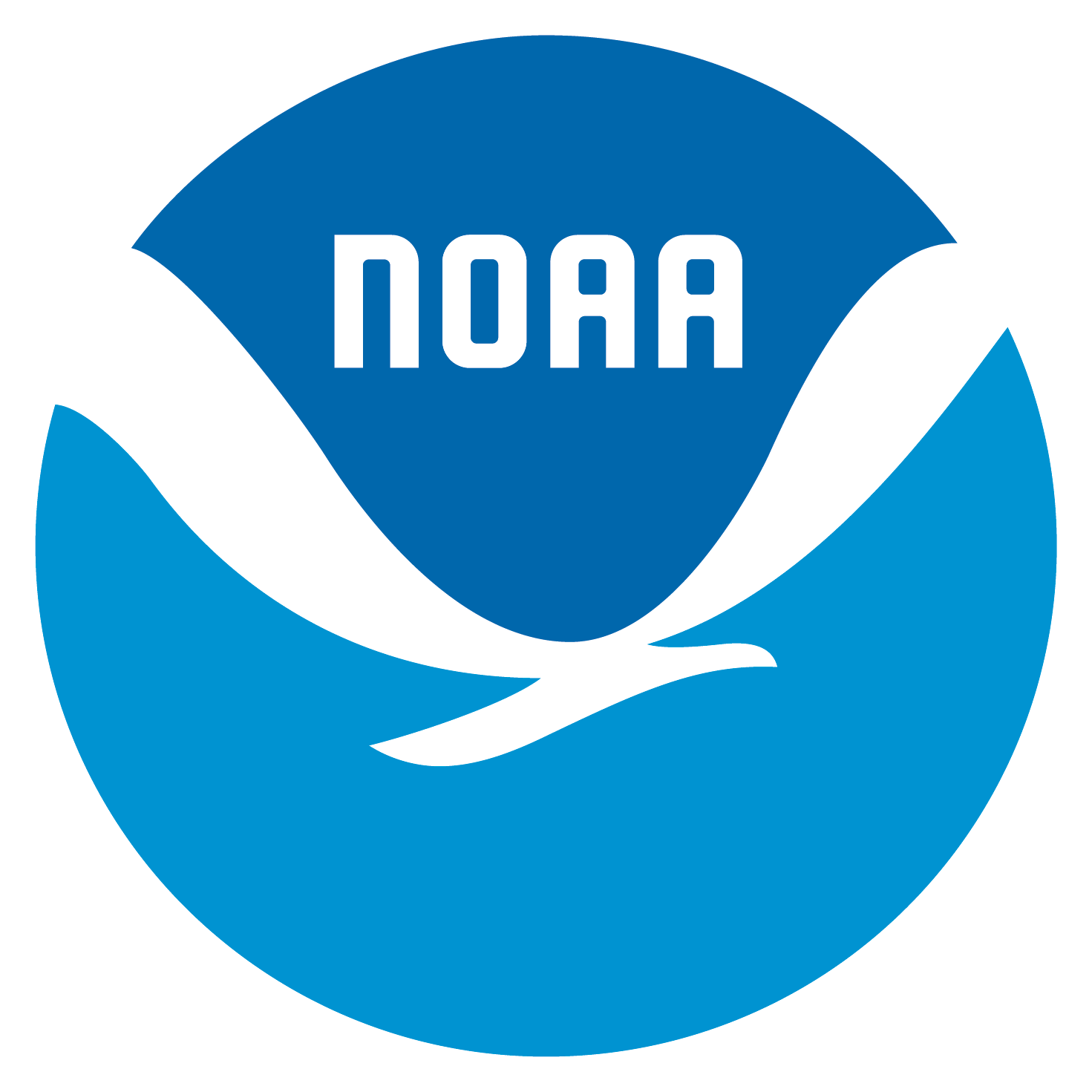
Oceanic and Atmospheric Research (OAR)—or “NOAA Research”— provides the research foundation for understanding the complex systems that support our planet. Working in partnership with other organizational units of the National Oceanic and Atmospheric Administration, a bureau of the Department of Commerce, NOAA Research enables better forecasts, earlier warnings for natural disasters, and a greater understanding of the Earth. Our role is to provide unbiased science to better manage the environment, nationally, and globally. Working under the broad themes of Climate, Weather and Air Quality, and Ocean and Coastal Resources, NOAA scientists study the ocean’s depths and the highest reaches of space to better understand our environment.
Our action for climate change
NOAA provides science for a climate-smart nation and better management of climate-related risks. From supercomputers and state-of-the-art models to observations and outlooks, we provide data, tools, and information to help people understand and prepare for climate variability and change.
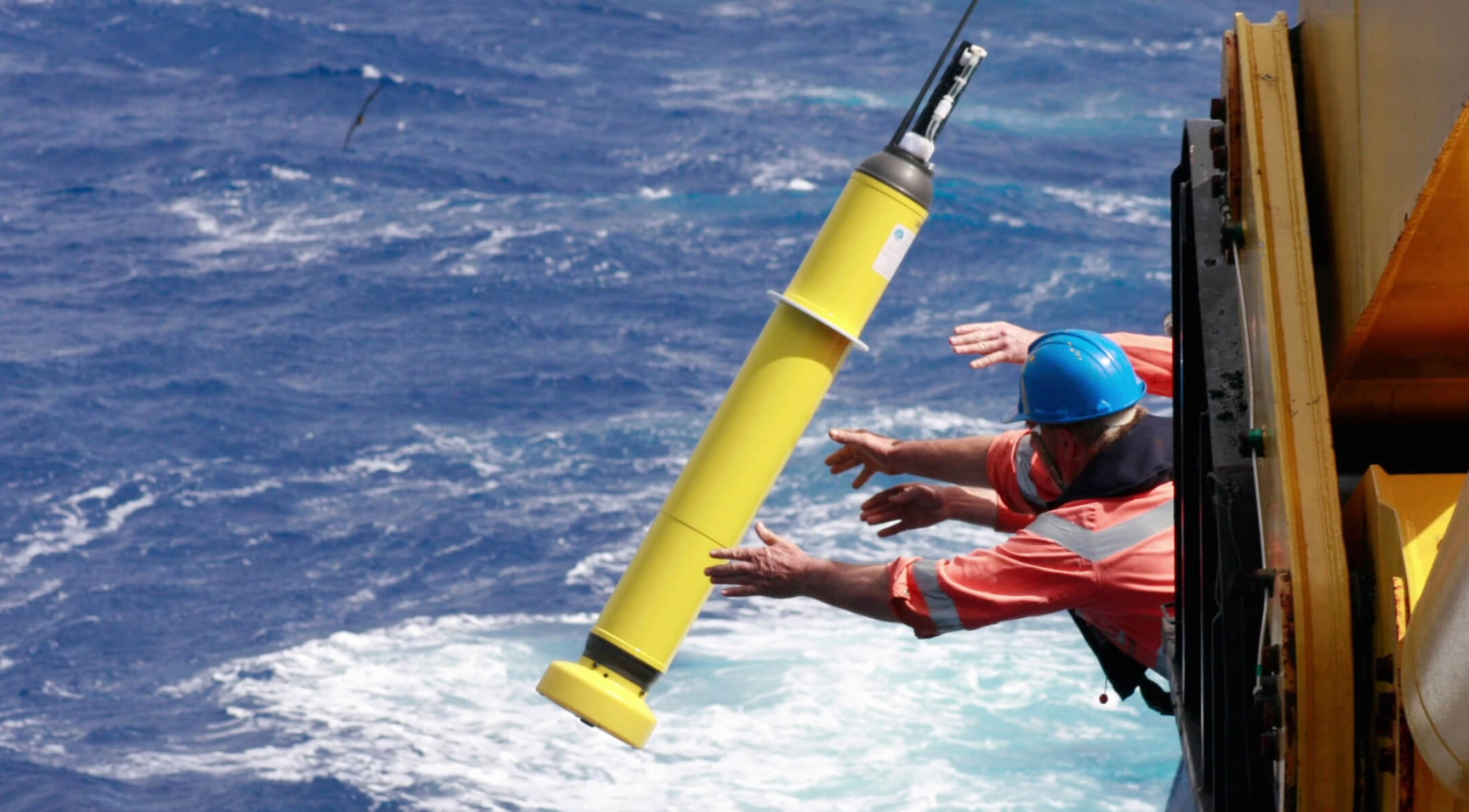
 USA-NOAA
USA-NOAA

 Tanzania
Tanzania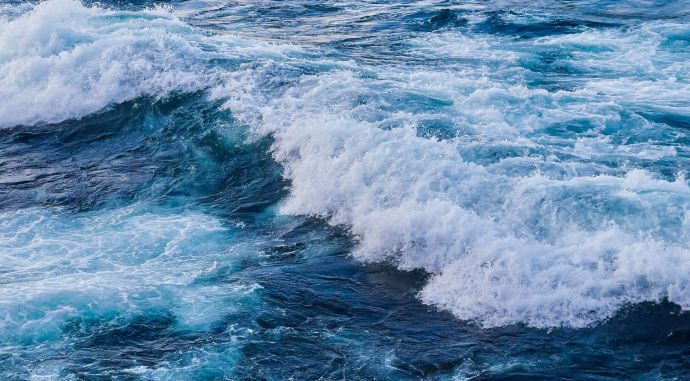
 France-IRD
France-IRD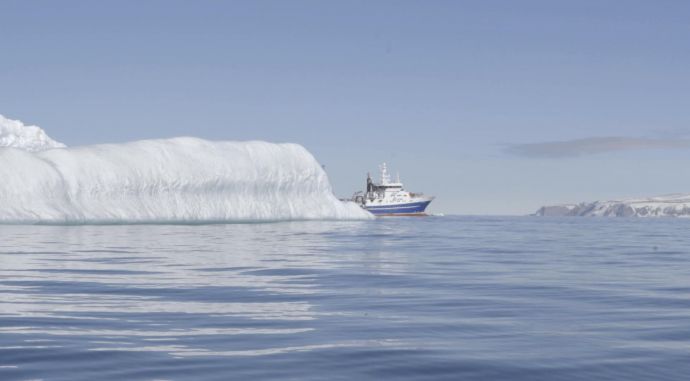
 New Zealand
New Zealand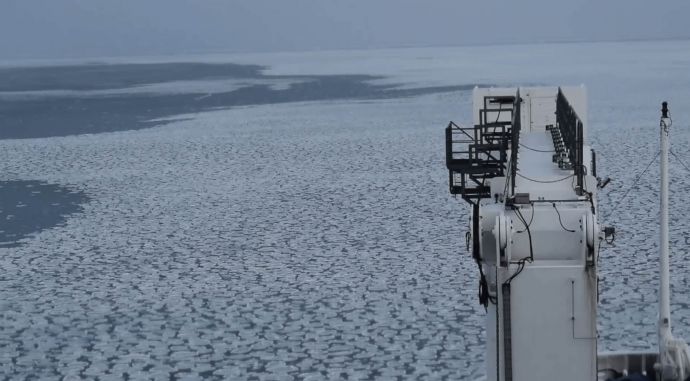
 South Africa
South Africa